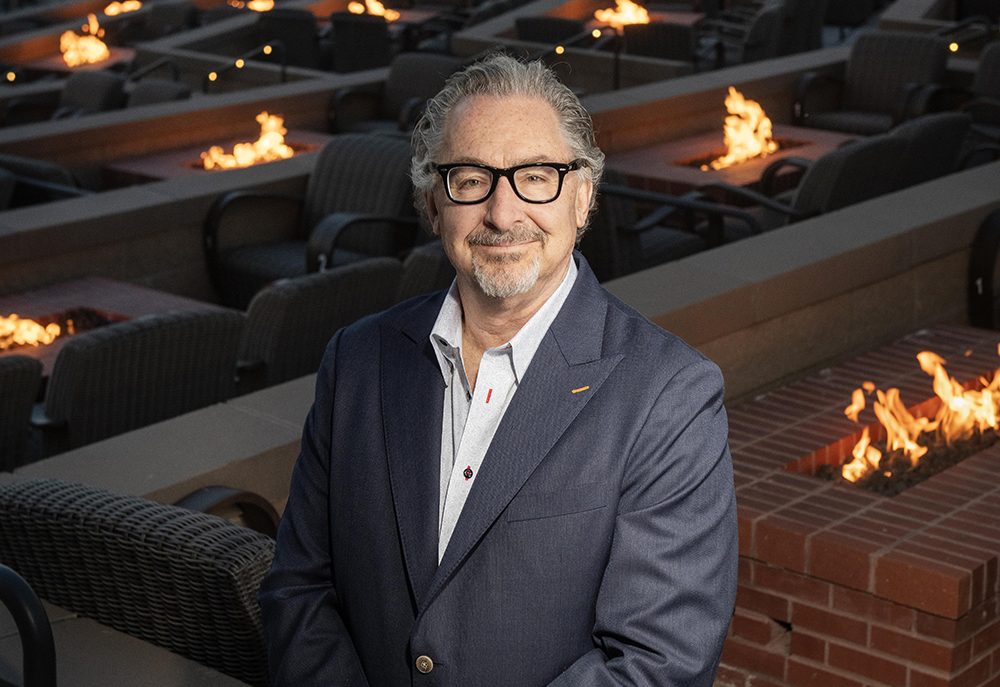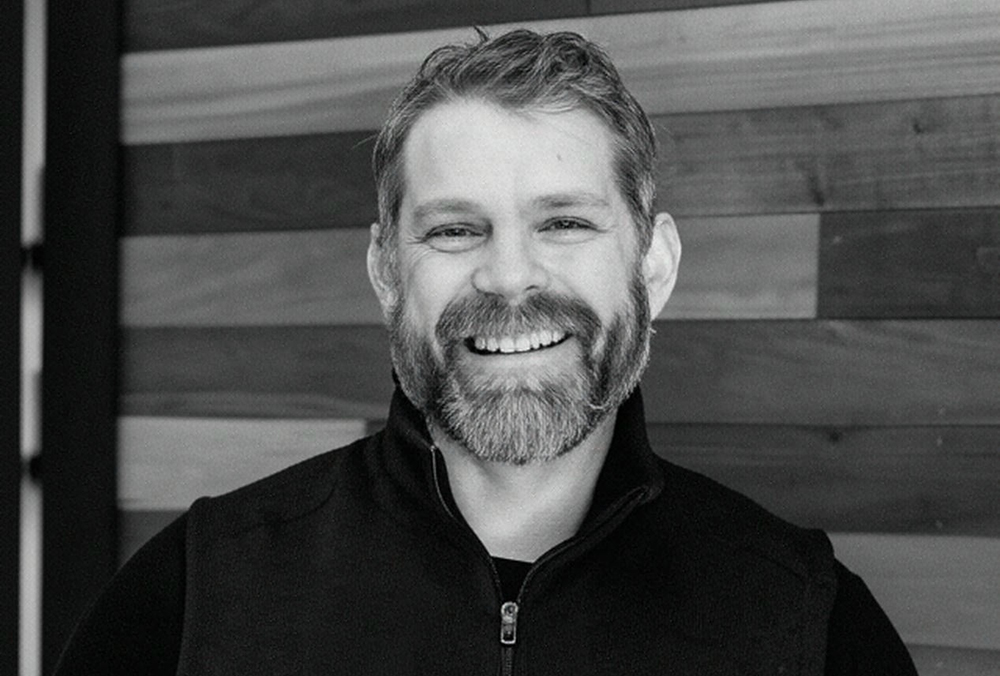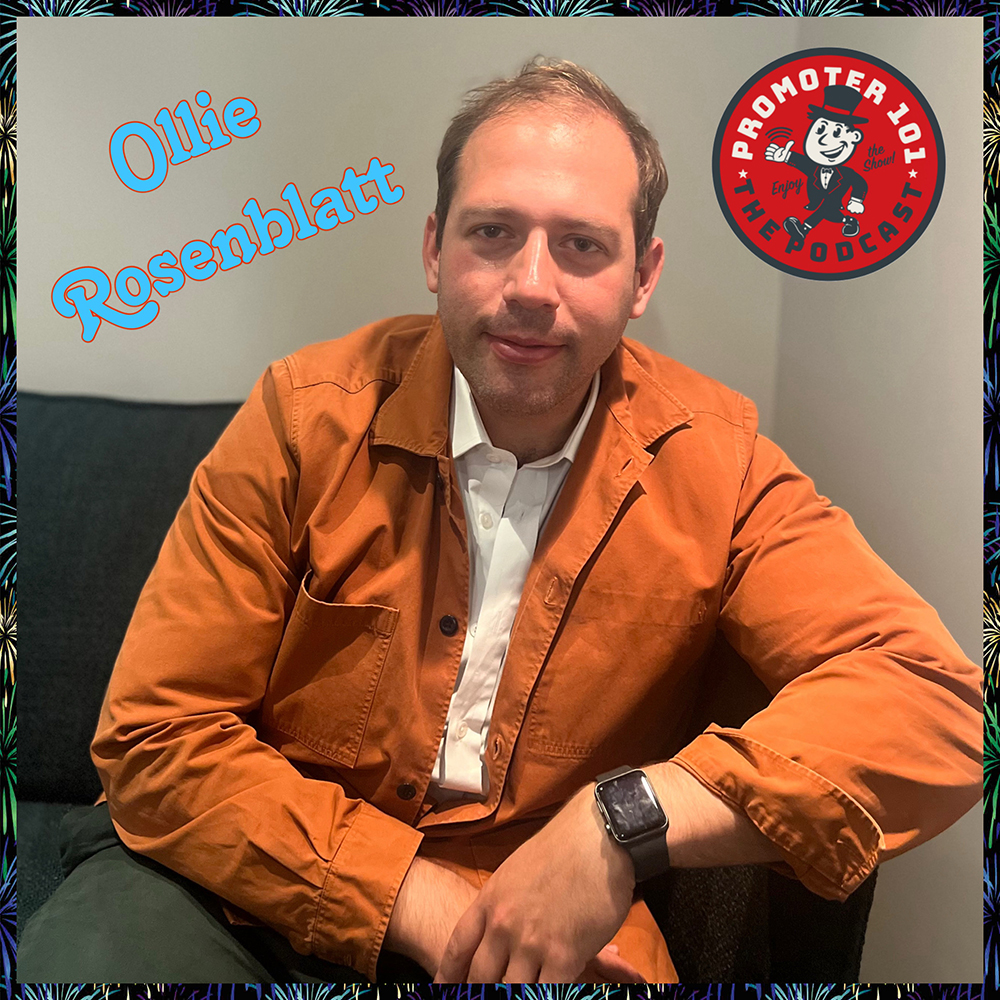
The 9th U.S. Circuit Court of Appeals ruled today (Feb. 12) that Napster must stop the sharing of songs by millions of users without the permission of their copyright owners. This ruling comes four months after an Oct. 2 hearing where the recording industry asked the appeals court to lift its stay on an injunction ordered in July against Napster by U.S. District Court Judge Marilyn Hall Patel.
While the Feb. 12 decision by a three-judge panel is a victory for the plaintiffs, it has been sent down to a lower court for some fine tuning, instructing the lower court judge to modify her earlier ruling by requiring music companies to identify which of their copyrights were being infringed. In order to avoid liability, Napster has to patrol its system for infringing material and block access to those songs in its search index.
Metallica Responds To Napster Ruling
Metallica's strong oppostion to Napster resulted in a copyright infringement lawsuit last April. Today, the group responded to the 9th Circuit Court of Appeals Feb. 12 ruling:
"From day one, our fight has always been to protect the rights of artists who chose not to have their music exploited without consent. The court's decision validates this right and confirms that Napster was wrong in taking not only Metallica's music but other artists who do not want to be a part of the Napster system and exploiting it without their approval.
"We are delighted that the court has upheld the rights of all artists to protect and control their creative efforts. The 9th Circuit Court has confirmed that musicians, songwriters, filmmakers, authors, visual artists, and other members of the creative community are entitled to the same copyright protections online that they traditionally been afforded offline.
"We have never objected to the technology, the Internet, or the digital distribution of music. All we have ever asked is that artists be able to control how, when, and in what form their creativity is distributed through these channels. This is something that Napster has continually refused to do. Now the court has made that decision for them."
























































